How would you describe yourself to a stranger? Go ahead and list a few traits.
Maybe you see yourself as honest, or lazy, or bad at math. Perhaps you’d say that you’re a natural born athlete. You’re good with words. You’re not a people person. Are you driven? A loving parent and committed partner? A bit of a scamp?
Whatever traits you listed, there’s a high likelihood that you view them as being more or less permanent. In some fundamental way, you see yourself as being inherently honest, or lazy, or bad at math. These attributes are what they are.
This approach to self-identity is what Stanford psychology professor Carol Dweck calls a “fixed mindset.”
When we operate with a fixed mindset, we believe that our most important qualities cannot be changed. In this framework, the smart were born smart and the talented were born talented.
We can be thankful for our particular gifts and rue our specific weaknesses, but there isn’t a whole lot we can do about them. The best we can do is to accept who we are.
In her research, however, Prof. Dweck realized that not everyone sees themselves or the world through a fixed mindset.
People with a “growth mindset” believe that their important qualities can be profoundly improved through learning and effort.
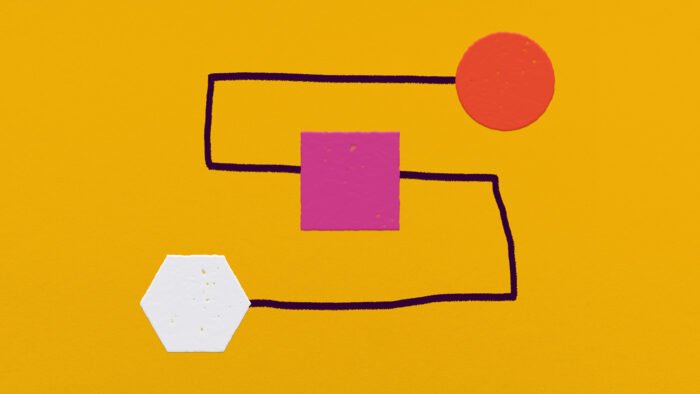
They are less interested in appraising supposedly unchanging characteristics—IQ, musical aptitude, physical gifts, etc.—and more interested in how skills can be cultivated. The growth mindset conceptualizes success as a deriving from what you do rather than who you are.
The benefits of this approach are numerous and well-documented. People with a growth mindset are more open to new experiences, more willing to take risks, and more resilient when faced with failure.
A fixed mindset makes it scary to take chances; any failure becomes a referendum on one’s core identity. The growth mindset offers a more fluid approach, where failure becomes a chance to acquire new insights rather than a judgment on one’s true self. As a result, people with a growth mindset tend to be more creative, entrepreneurial, and successful.
One feature of the growth mindset is that it can be learned. Just because you currently favor a fixed mindset doesn’t mean you can’t move toward one of growth. The process starts with questioning your assumptions about yourself and the world. Let’s give it a try.
First, think of a trait you dislike about yourself. It could be anything in your professional or personal life that you see as a shortcoming. As an example, let’s say you believe that you’re meek and that colleagues regularly take advantage of your timidity.
Now, try shifting from a fixed mindset to a growth mindset. It’s not that you’re a meek person while others in the office are naturally commanding. You’re just out of practice when it comes to asserting yourself—you can get better with practice!
Consider how this new mindset can shape your behavior going forward. What steps can you take to gradually build up your assertiveness? You don’t need to start big.
It could be as simple as letting your coworkers know that you’re burnt out on the doughnuts at the weekly all-hands meeting—and to suggest that , this week, the office might order from your favorite bagel place instead!
When we come to understand ourselves as the accumulation of actions rather than as an immutable list of characteristics, the world suddenly becomes malleable.
A growth mindset puts you in the driver’s seat of your own life and empowers you to take the wheel. We all deserve the chance to learn.


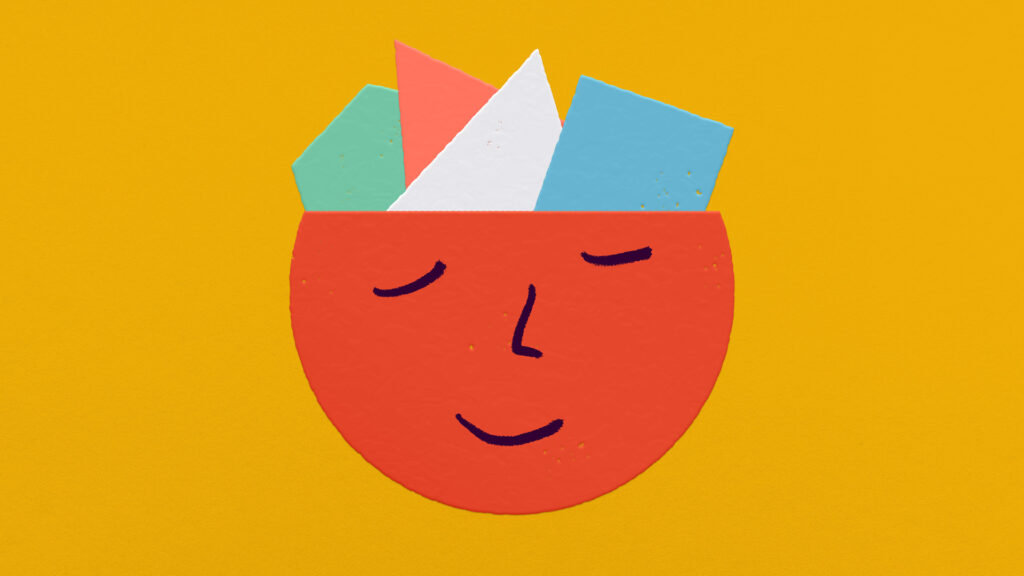
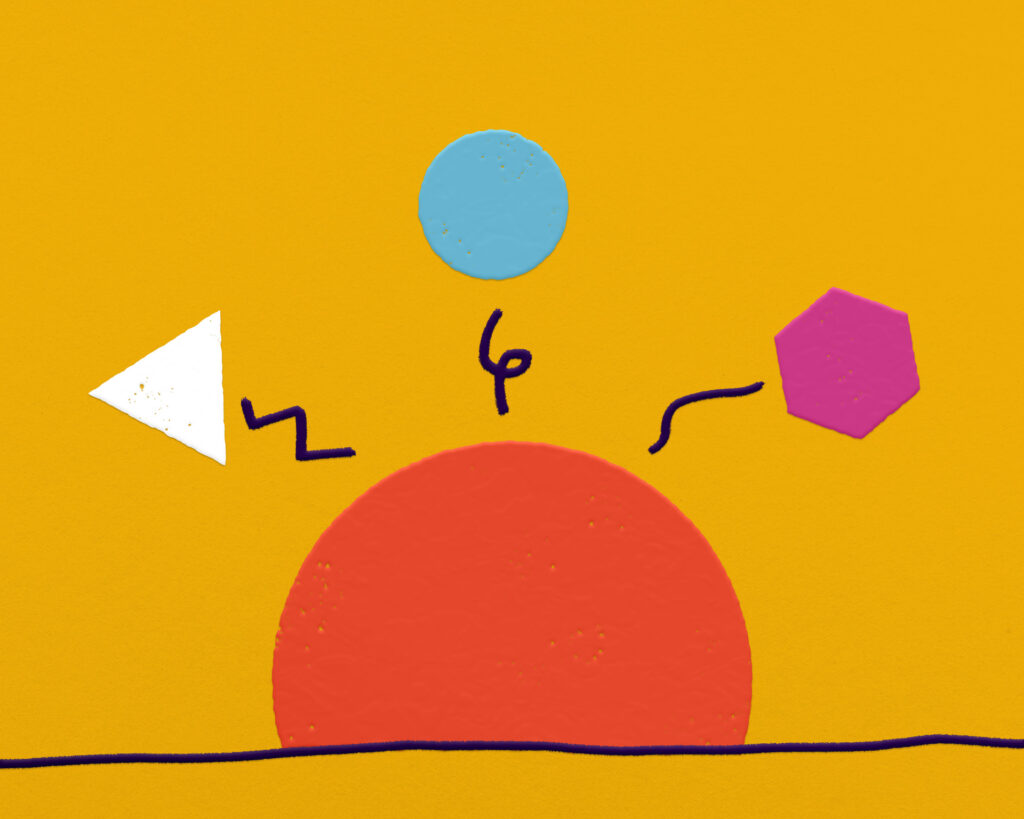
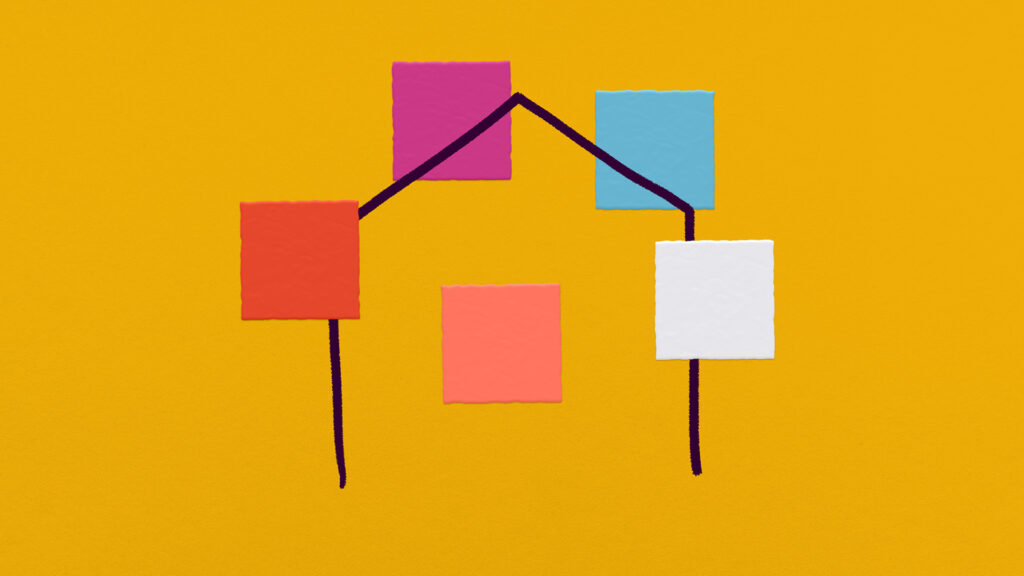
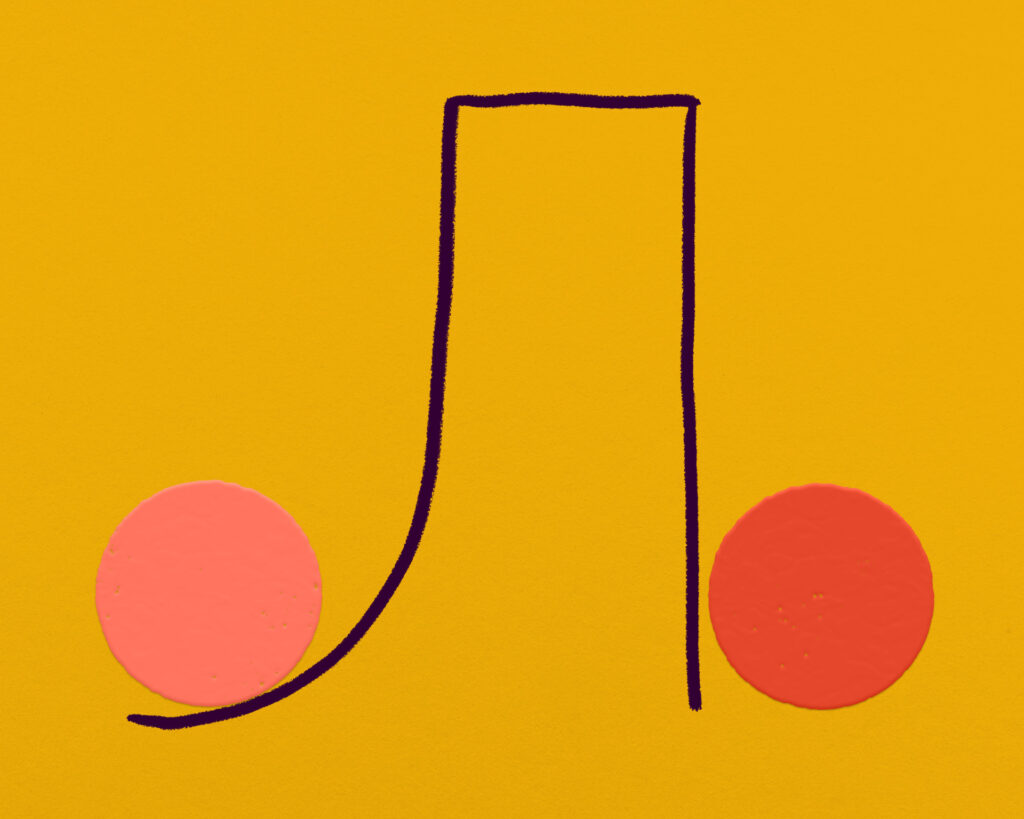
 Take the Quiz
Take the Quiz